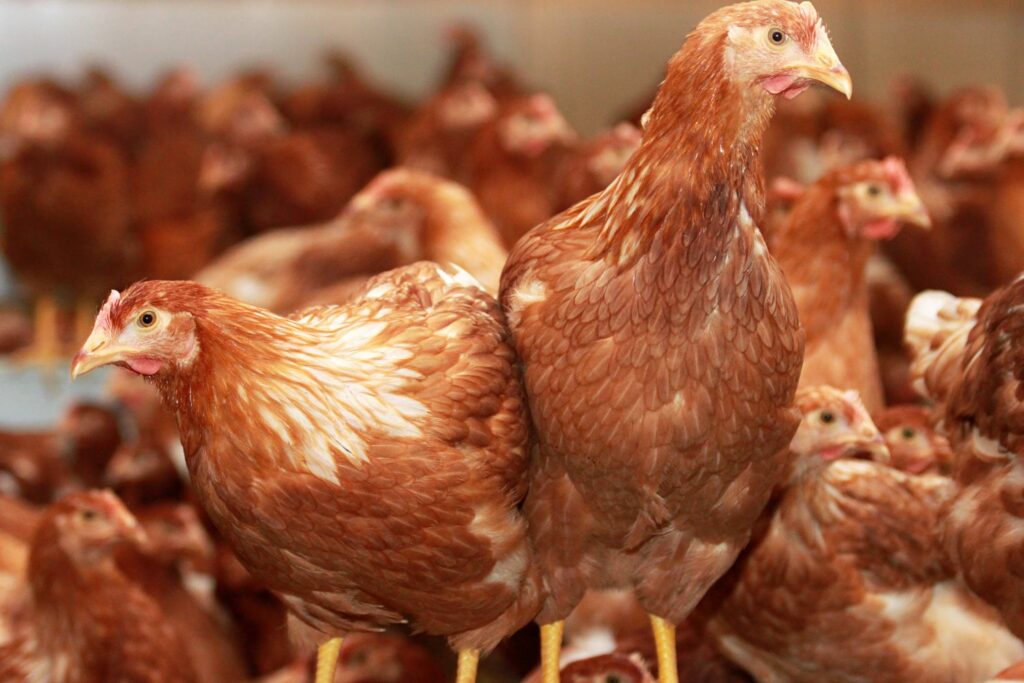Poultry farmers warned of increased worm risk during housing order
6th January 2023
Due to an increased risk of worm infection in housed birds, free-range egg producers are being reminded to follow standard worming protocols during the housing order.

As housed birds will come into increased contact with their own faeces, keeping on top of worming regimes is key to minimising the impact of parasitism in flocks, explains Jeremy Marsh, layer business manager at Elanco.
“Due to the varying number of parasitic worms combined with the current way that laying hens are housed, the risk of these parasites causing production losses is inevitable.
“Although birds aren’t currently able to go outside, increased contact with faeces while in sheds means that worms are more easily picked up and spread,” said Mr Marsh.
The four most problematic worms that typically impact bird health and performance are roundworms, hairworms, caecal worms and gapeworms. However, while any of these four species can cause disease, hairworms carry the greatest risk, explains Mr Marsh.
Hairworms reside in the stomach and intestines of chickens. While they are among the smallest species affecting chickens, hairworms are often considered the most dangerous, with even small burdens causing fatalities in birds, Mr Marsh pointed out.
“The symptoms of hairworms vary but often lead to reduced egg production, weight loss, reduced food intake, diarrhoea, anaemia and death. The most obvious symptoms are the birds looking stressed and generally unwell, appearing dull and hunched,” he added.
Due to the impact hairworms can have on bird welfare and egg production, Mr Marsh strongly advises all egg producers to continue with worming regimes throughout the housing period.
“Most birds are wormed in six-week intervals throughout the production cycle, with some exceptions upon veterinary advice.
“Because there are a number of different species that can be problematic, the ideal solution is to use a wormer that tackles all major species at all lifecycle stages, to give a full spectrum of control,” he recommended.
For more information on poultry wormers, visit www.flubenvet-layers.co.uk or contact the Elanco team on 01256 353131.
